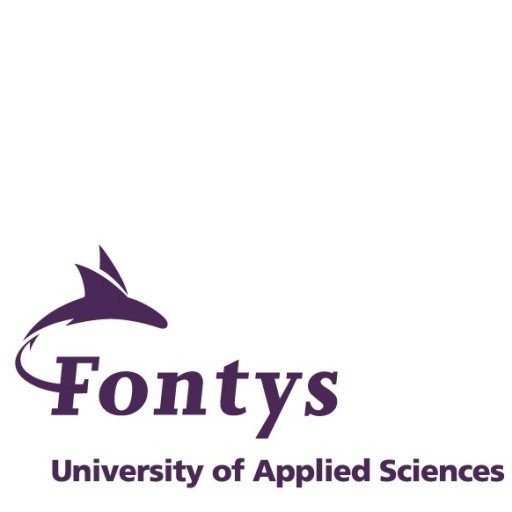Photos of university / #hanzeuas
Mechanical Engineering at Hanze University of Applied Sciences offers a comprehensive and practical education designed to prepare students for a successful career in the dynamic field of mechanical systems and technologies. The programme emphasizes a strong foundation in core engineering principles, including mechanics, thermodynamics, materials science, and design, combined with hands-on experience through laboratory work, projects, and industry collaborations. Students will learn to develop innovative solutions for manufacturing, energy production, transportation, and other sectors that rely on mechanical systems. The curriculum integrates theoretical knowledge with practical skills, enabling graduates to address real-world engineering challenges effectively.
Throughout the programme, students will engage with modern CAD software, simulation tools, and manufacturing technologies to design and analyze mechanical components and systems. The programme also covers sustainability and environmental considerations, preparing students to contribute to the development of eco-friendly and energy-efficient solutions. Internships and industry placements provide valuable insights into the professional environment, fostering industry-relevant skills and networking opportunities. Graduates of the programme are equipped to pursue careers as mechanical engineers, product designers, project managers, or entrepreneurs within various industries such as automotive, aerospace, manufacturing, and renewable energy.
The programme is delivered by experienced lecturers and industry professionals who ensure that the coursework remains relevant to current technological advances and market needs. With a focus on fostering innovative thinking, teamwork, and problem-solving skills, students are prepared to adapt to rapidly changing industry trends and technological developments. The flexible structure of the course allows students to tailor their education according to specific interests, including robotics, automation, or sustainable technologies. Upon completion, graduates will have a solid academic foundation, practical experience, and professional competencies to excel in the competitive global engineering sector. Join us to develop the skills necessary to shape the future of mechanical engineering and contribute to technological advancements that benefit society.
First year
The curriculum covers a wide range of subjects related to mechanical engineering, including product analysis, mechanical design and engineering, energy technology,
materials and manufacturing technology, as well as extensive professional skills lessons. A focus will be on mathematics and energy related topics. Students gain the knowledge required to enter the main phase of the programme.
Second year
The first semester of the second year mainly consists of a work placement. Students will also be able to take modules, which may be useful during the work placement, during the year. The second semester is focussed on product design and system design respectively, depending on the interest of the student.
Third year
Students are able to make the programme more personal during the third year by choosing a minor. For instance, the minor Flexible Energy Technology is dedicated to deepening your knowledge and skills in improving the energy efficiency in the process industry. One of the issues is how to use sustainable energy which is not available at all times. Broadening the scope of our engineering graduates is also one of our goals. This semester is followed by a graduation project at a national or international company or organisation. After successful completion of the bachelor’s programme, graduating students are awarded an internationally recognised Bachelor of Science degree.
To be admitted to this programme you will need a national secondary school diploma or an international secondary school diploma. Your educational qualifications must be equivalent to the Dutch VWO secondary school diploma (higher national/international secondary school level or International Baccalaureate) with high grades in Mathematics and Physics. As the programme is taught in English, you may have to prove your English language proficiency, depending on your educational background and nationality.
Tuition Fees 2018-2019
EU/EEA students: € 2,060
Non-EU/EEA students: € 7,700
Career prospects
Many of our graduates will be employed in areas where the emphasis is on technical engineering. A smaller proportion of the graduates will become Technical Advisors. There will also be graduates who may become Project Leaders or Academic Researchers. You may even use the entrepreneurial skills you have developed to set up your own company.Another possibility is to continue with a master’s programme, like the European Master in Renewable Energy. The master’s programme concentrates on renewable energy technology and aims to train postgraduate students to fill the gap between the growing industry demand for specialised renewable energy expertise and the skills currently available on the job market.










